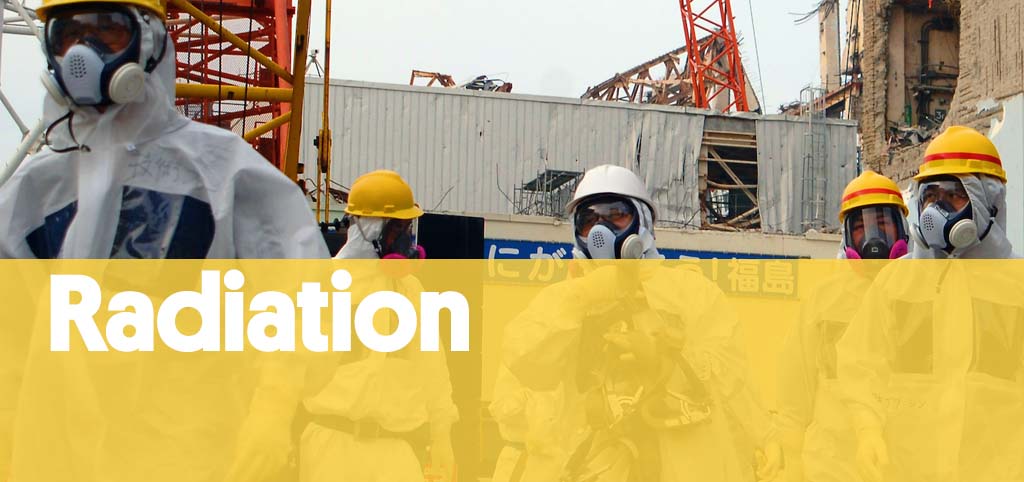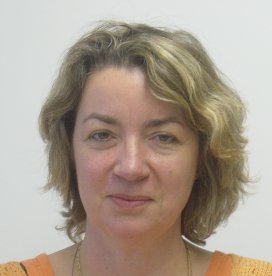SPAIN CCSS (Spanish Childhood Cancer Survivor Study)

- Duration
- 2011- 2014 as a subtask of Procardio (to be extended afterwards)
- Coordinator
- Elisabeth Cardis and Eileen Pernot
- Funded by
- European Union/Euratom: European Seventh Framework Programme
Survival at 5 years after childhood cancers across Europe is heterogeneous. In Spain, it reached 77 % for cases diagnosed between 2000 and 2004. Improvements in treatments during the last decades have substantially increased the childhood cancer survival rates and it is estimated that there are 300,000 to 500,000 childhood cancer survivors currently alive in Europe.
Improvements in survival have however been accompanied by a parallel increase in the appearance of late adverse effects due to cancer treatments. The study of the effects of such treatments in children is of particular interest because they were treated when organs and physiological systems were still immature and they potentially have many years of life – including reproductive life – in front of them.
Effects of cancer treatment, including second cancers, other chronic diseases and permanent or chronic disability later in life represent a substantial burden on affected individuals, families, and health services. Medical guidelines on the long term follow-up of childhood cancer survivors are available and cover many potential problems which can arise after cancer treatments (thyroid dysfunction, growth problems, fertility, psychosocial problems, etc) but questions remain open about the long-term effects of treatment and optimisation of treatment for the future.
CREAL aims to establish a Spanish cohort of childhood cancer survivors (Study of the Spanish survivors of childhood cancer [SPAIN-CCSS] suitable for prospective follow-up in the longer term. This cohort will allow the investigation of possible adverse health outcome and late mortality after chemotherapy and radiotherapy, with the ultimate objective of optimising cancer treatment in the future. Following the set-up of SPAIN-CCSS, a study based on this cohort will be conducted in the framework of ProCardio in order to investigate in particular cardiovascular disease outcomes.
Please refer to CREAL's webpage related to ProCardio for further information click here.
Our Team
Principal Investigator (PI)
-
 Elisabet Cardis Research Professor, Head of the Radiation Group
Elisabet Cardis Research Professor, Head of the Radiation Group
Our Team
-
EILEEN PERNOT -
Other projects
See Past ProjectsMCC-Spain
Population based multicasecontrol study on common tumours in Spain
INMA - Environment and Childhood Project
HELIX
Novel tools for integrating early-life environmental exposures and child health across Europe
EGG/EAGLE
Early Genetics Growth/Early Genetics and Lifecourse Epidemiology
PACE
Pregnancy and Childhood Epigenetics
LIFECYCLE
Early-life stressors and LifeCycle health
OMEGA-NET
Network on the Coordination and Harmonisation of European Occupational Cohorts
BiSC (Barcelona Life Study Cohort)
HARMONIC
Health effects of cArdiac fluoRoscopy and mOdern radIotherapy in paediatriCs
Mobilise-D
Connecting digital mobility assessment to clinical outcomes for regulatory and clinical endorsement
EARLY-ADAPT
Signs of Early Adaptation to Climate Change
COVICAT
Cohorte Covid-19 en Cataluña
ATHLETE
Advancing Tools for Human Early Lifecourse Exposome Research and Translation
CONTENT
Cohort of COVID-19 in Spain: social dynamics, mental health and inequalities
EUCAN-Connect
A federated FAIR platform enabling large-scale analysis of high-value cohort data connecting Europe and Canada in personalized health
OBERON
An integrative strategy of testing systems for identification of EDs related to metabolic disorders
EXPANSE
EXposome Powered tools for healthy living in urbAN SEttings
AURORA 2021
Actionable eUropean ROadmap for early-life health Risk Assessment of micro- and nanoplastics
ONES
Fine Particle Matter, Fetal Growth, and Neurodevelopment: Examining Critical Windows of Susceptibility
AIR-NB
Pre-natal exposure to urban AIR pollution and pre- and post-Natal Brain development
El impacto de la exposición al metaboloma de esteroides materno-fetales en el crecimiento infantil y los resultados neurológicos (IGRO)
Project Code: PI21/01269
NutinBrain
The role of seafood and nut consumption on human neurodevelopment from pregnancy to adolescence
ALTER - Contaminación del aire, microbiota intestinal y neurodesarrollo en los primeros 24 meses de vida
Project Code: PI21/01278
Alimentación S2: por una dieta saludable y sostenible
Estudio sobre la exposición a nano y microplásticos a través del agua de consumo de Barcelona
¿Es mejor consumir el agua de grifo si queremos reducir la exposición a nano/micropláticos?
UrbanKids
Urban and social environment and childhood obesity – a natural moving2health experiment
Urban Health Citizen Lab
Urban planning, environment and health
Characterizing Oral Exposure to Nanoplastics and Microplastics
Characterization of Oral NMP Exposure
iGenCO
In-Depth Genomics and Cross-Omics Analysis for Undiagnosed Rare Diseases on a User-Friendly Collaborative Platform
5G expOsure, causaL effects, and rIsk perception through citizen engAgemenT
GOLIAT
CityExposomeCat
An Exposome Approach to Urban Health: Individualized Environmental Exposure Assessment in an Adults Population Cohort Study (GCAT)
TwinAir
Digital Twins Enabled Indoor Air Quality Management for Healthy Living
Subclinical Infections in Children and Long Term Health Effects
Infection acquisition in early life and health outcomes in childhood - MARATO TV3
UBDPOLICY
The Urban Burden of Disease Estimation for POLICY Making
Exposición prenatal a sustancias poli y perfluoradas en agua de consumo y neurodesarrollo en el inicio de la vida
Project Code: PI20/00829
Base genética materna y fetal de la función placentaria
Project Code: PI20/01116
TOLIFE
Combining Artificial Intelligence and smart sensing TOward better management and improved quality of LIFE in chronic obstructive pulmonary disease
BWater
Drinking Water in Barcelona: Sustainability and Health Impact Assessment
CUPID
intoDBP
Innovative Tools to Control Organic Matter and Disinfection Byproducts in Drinking Water
FINDOOR
FTIR spectroscopy for real-time detection of bacterial outbreaks and the rapid identification of pathogenic serotypes, relapsing infections and antibiotic resistance
OccRF-Health
Occupational exposure to radiofrequency electromagnetic fields: From exposure assessment to study of health in workers and their offspring
EPHOR
Exposome Project for Health and Occupational Research
EXPONIT
Analysing and studying how night shift work affects workers' circadian rhythms and health
IHEN
International Human Exposome Network
El microbioma intestinal y la disrupción circadiana
Un estudio epidemiológico molecular sobre enfermedades cardiometabólicas y salud mental
B-Triage
Una prueba en el punto de atención para la estratificación del riesgo de los pacientes febriles basada en los niveles de sTREM-1
e-QuoL
e-health tools to promote Equality in Quality of Life for childhood to young adulthood cancer patients, survivors and their families
AM-MENTAL
What happens with your mental health when your supervisor is an algorithm?




